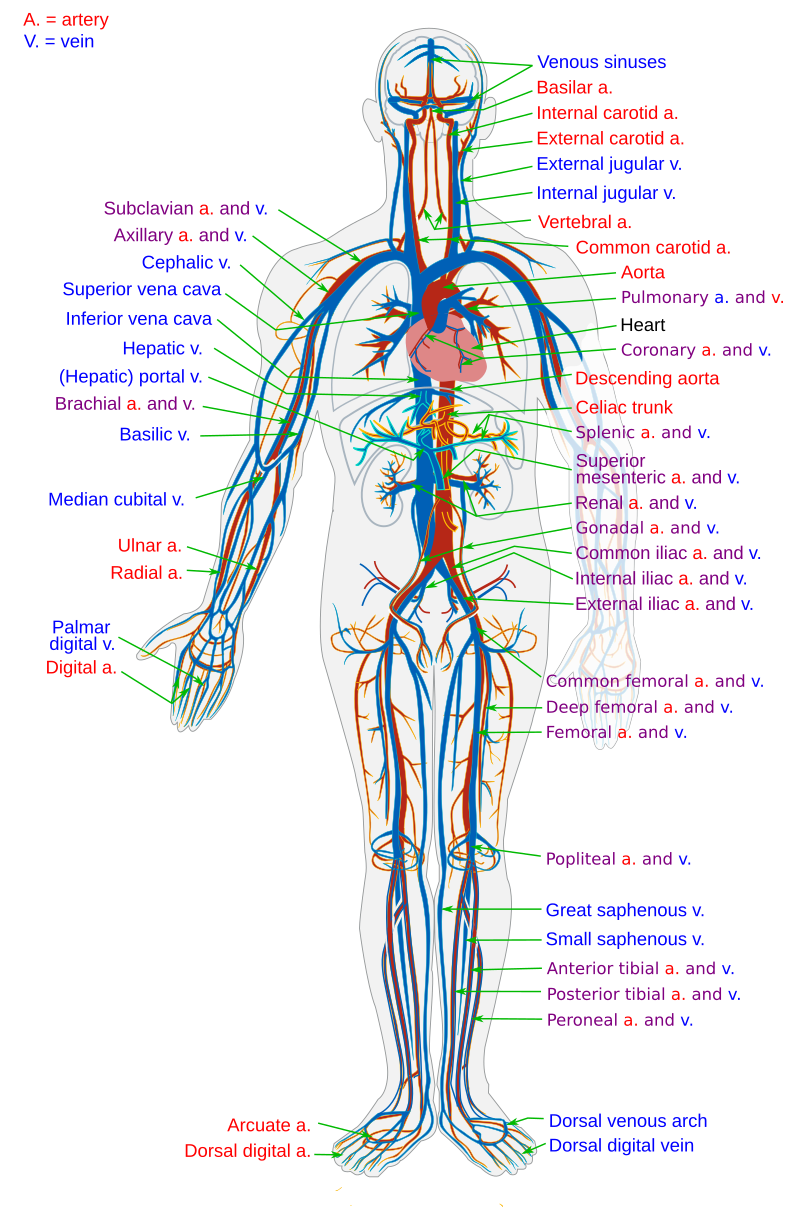Oxytocin's Role in Enhancing Insulin Secretion: New Research Insights

A recent study published in the journal Aging (Aging-US) on May 1, 2025, investigates the influence of oxytocin on insulin secretion within pancreatic islets. The research, led by Dr. Kasumi Hattori at Fukushima Medical University School of Medicine, explores how this hormone could offer new strategies for managing blood sugar levels in individuals with diabetes.
Oxytocin, often recognized for its role in social bonding and childbirth, has garnered attention for its potential impact on metabolic processes. Previous studies yielded mixed results concerning oxytocin's effect on blood sugar levels, prompting further investigation into its role in insulin regulation. The study found that oxytocin can stimulate insulin secretion by promoting the release of glucagon-like peptide-1 (GLP-1), a hormone crucial for insulin production, particularly in response to high glucose levels.
The researchers conducted experiments using murine models, comparing mice with functional oxytocin receptors to those lacking them. They discovered that the presence of these receptors is essential for oxytocin's ability to elevate insulin levels. Their findings reveal that oxytocin increases the release of intra-islet GLP-1, which facilitates insulin secretion from beta cells in the pancreas while also regulating glucagon release from alpha cells.
Notably, the study highlighted that while blood sugar levels rose immediately after oxytocin administration, only mice with functioning oxytocin receptors exhibited increased insulin production shortly thereafter. This indicates that oxytocin's effect on insulin is mediated through a receptor-dependent pathway involving GLP-1, providing a novel perspective on the hormone's metabolic functions.
Dr. Kenju Shimomura, co-author of the study, emphasized the implications of these findings for diabetes treatment strategies. "As current therapies increasingly focus on GLP-1-based drugs, our research suggests that oxytocin or similar compounds could enhance the body's natural insulin production mechanisms. This could be particularly beneficial for older adults managing diabetes, who often face challenges with existing treatments."
The study's insights could pave the way for the development of new therapies that mimic the body’s natural glucose control mechanisms. As the diabetes landscape evolves, this research highlights the importance of understanding the hormonal interplay in glucose metabolism, which may lead to improved patient outcomes and more personalized treatment approaches.
In conclusion, the findings underscore the potential for oxytocin to play a critical role in diabetes management, opening avenues for further research into its therapeutic applications in metabolic disorders. As scientists continue to unravel the complexities of hormonal interactions, oxytocin's ability to enhance insulin secretion could represent a significant advancement in the quest for effective diabetes therapies.
### References - Hattori, K., et al. (2025). Oxytocin modulates insulin and GLP-1 secretion in pancreatic islets. Aging, 17(5). doi:10.18632/aging.206244. - Shimomura, K., Fukushima Medical University School of Medicine, Personal communication, May 2025.
Advertisement
Tags
Advertisement





